Mining and History
The issue of coal mines while researching history.
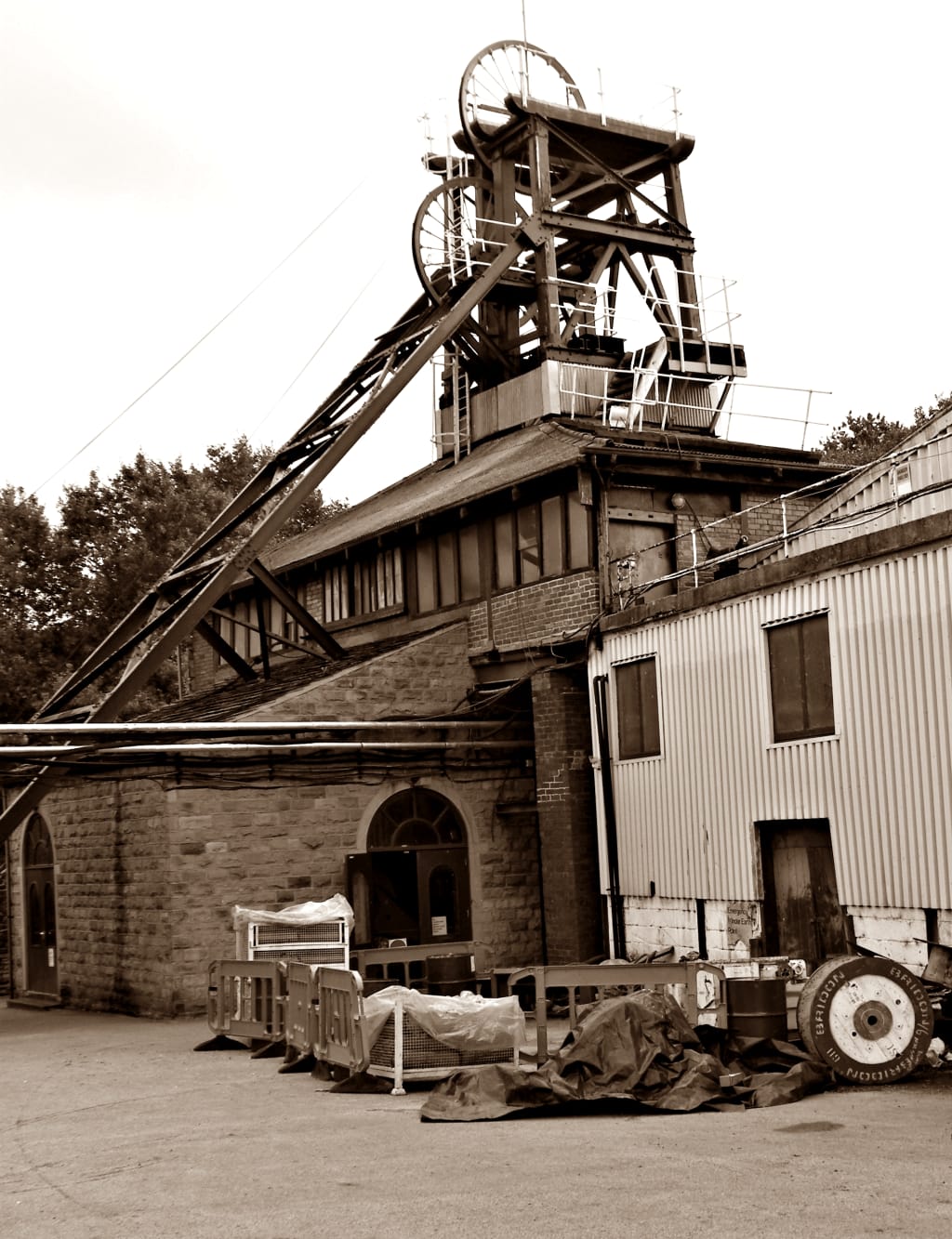
I have been wanting to write a piece about the mining industry for quite some time now. As a Historian I have come across many sites where mining has either destroyed, or it has been a prominent cause in the loss of history.
Now before any ex-miners jump down my throat and take offence at the above, let me explain.
Mining, as we know, is as much a part of Yorkshire’s history as the Wool trade and many other noble trades that built this great county. From the Iron Age bell pits to Roman mine shafts, Coal mining helped to build the country and not just Yorkshire.
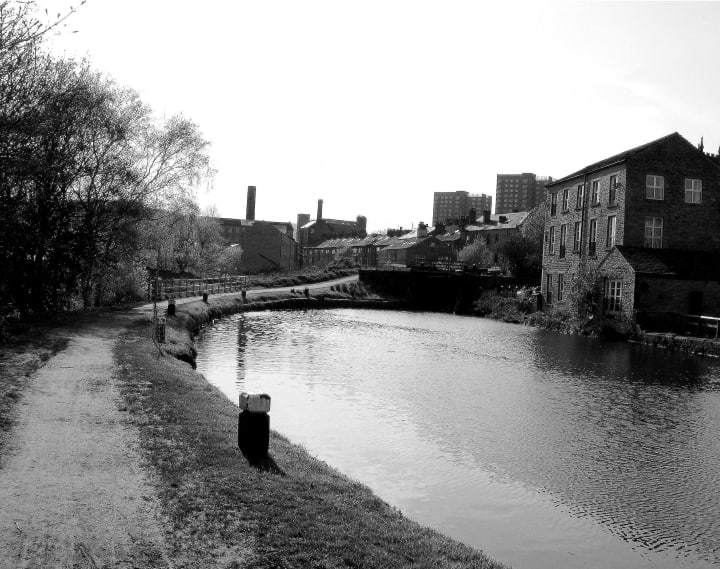
Unfortunately, along the way, digging miles and miles of tunnels beneath the ground and acres of land above being landscaped into a grey and black mass, areas and artifacts of historical importance have been affected and/or lost.
A necessary evil perhaps? I am under no false impressions how important the mining industry was but if we look at places such as the abandoned village of Newlands, near Normanton, Wakefield, we can see the aftereffects of subsidence from the St John’s mine.
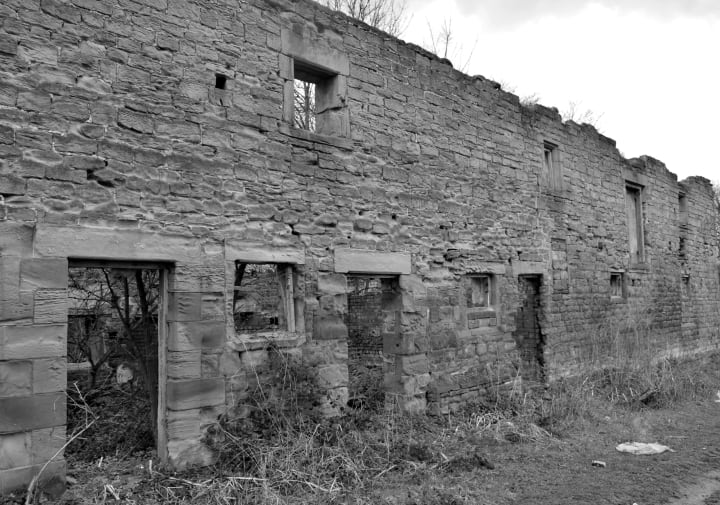
The village had to be abandoned in the 1970’s and has since fallen in to ruin, this location is steeped in history dating back to early man, The Knights of St John had a preceptory in the locality and the original village of Newland along with the preceptory have been lost to time, the ruins now left standing are from the 18th Century hall and grounds which stood on this site.
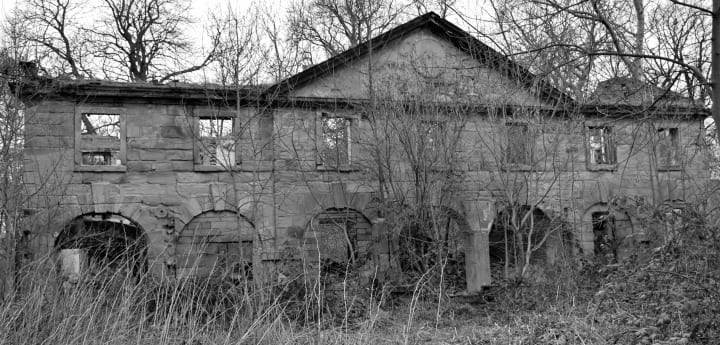
Subsidence from the mine caused the buildings to become unsafe, a result of years and miles of mining beneath the village.
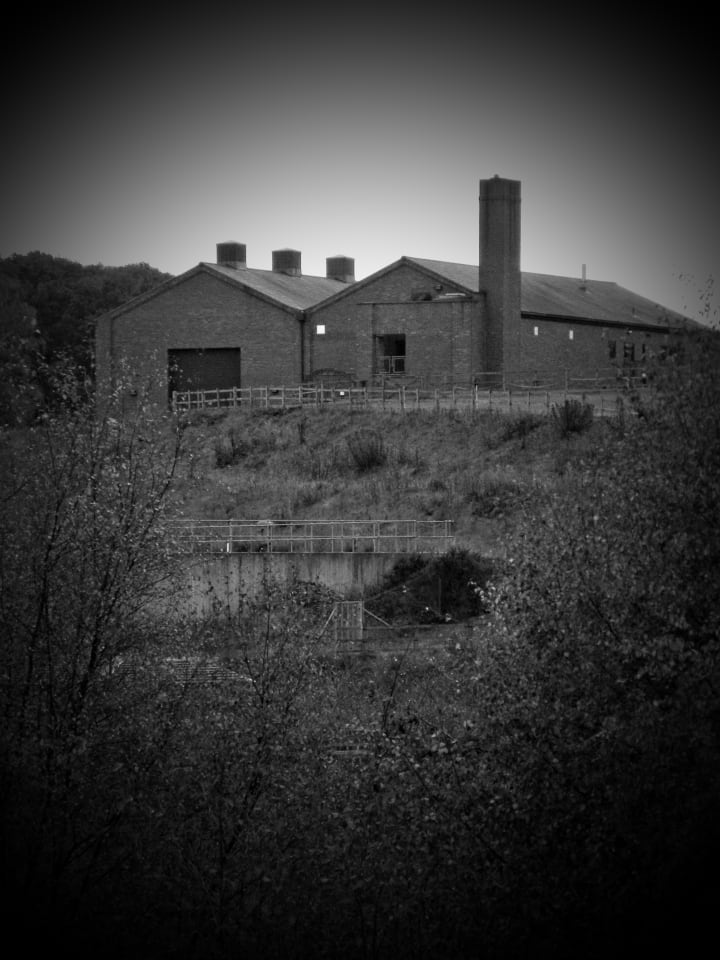
In other places we have seen mountains of coal slag and shale piled on top of potentially important sites we had little information on, and thousands of small artifacts which may have surfaced at one time now lost beneath the slag heaps.
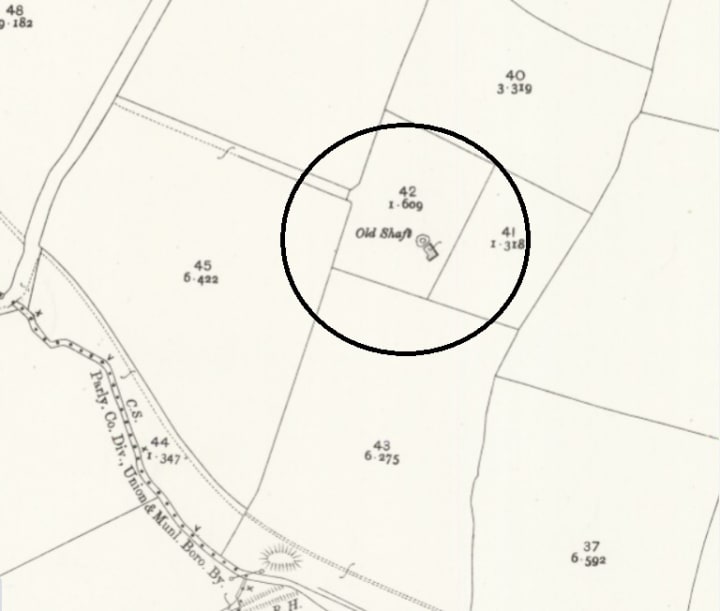
When I am researching historical locations, especially around Wakefield I often come across old mine shafts marked on old maps, the amount of collieries from small one man mines to ginormous plant run pits litter the landscape, obscuring much of what we search for, all lost to one of the greatest industries Britain ever had.
It is sad to think that the sacrifice of progress is knowledge of the past, but without the progression of coal and steam, the world would be a much darker place, ironic to think that from the darkness of a mine shaft, the world was once given light and power, it paved the way for modern machinery and trade, coal was Britain’s black gold.
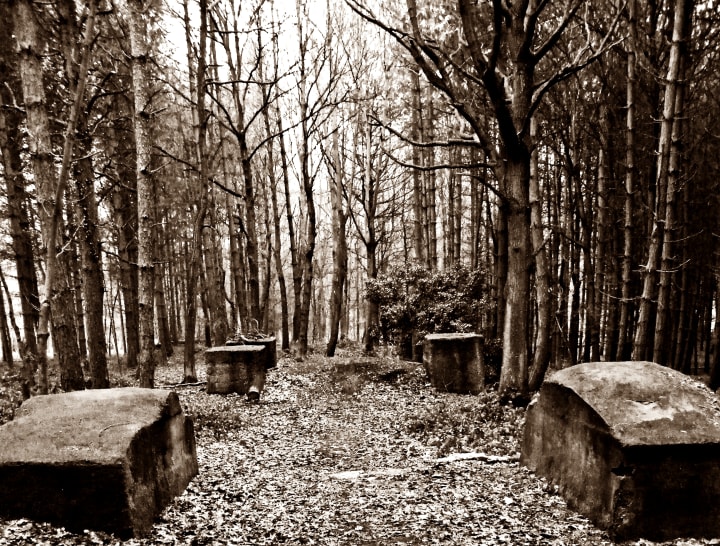
Of course, many climate activists would probably disagree with the above statement and claim that coal is a large part to blame for Global Warming, if you believe in that kind of thing, although this is not a subject I wish to debate here.
I can imagine that very little, if any, care was taken to preserve and collect artefacts from a site designated to become a pit in the early days of mining, as interest in our past didn’t really become popular until the 18th and 19th centuries.
It is more likely that more care was given in the mid 20th Century to protect or remove historical remains but even now we are discovering some modern pit works may have been placed atop archaeology.
Unfortunately, profit, and rightly so the safety of the people who worked the pits, would have been at the forefront of any colliery owners mind.
Roman coins or Bronze Age axe heads would have been missed easily and even some ancient buildings would have their foundations removed as rubble to make way for a newer building or plant machinery.
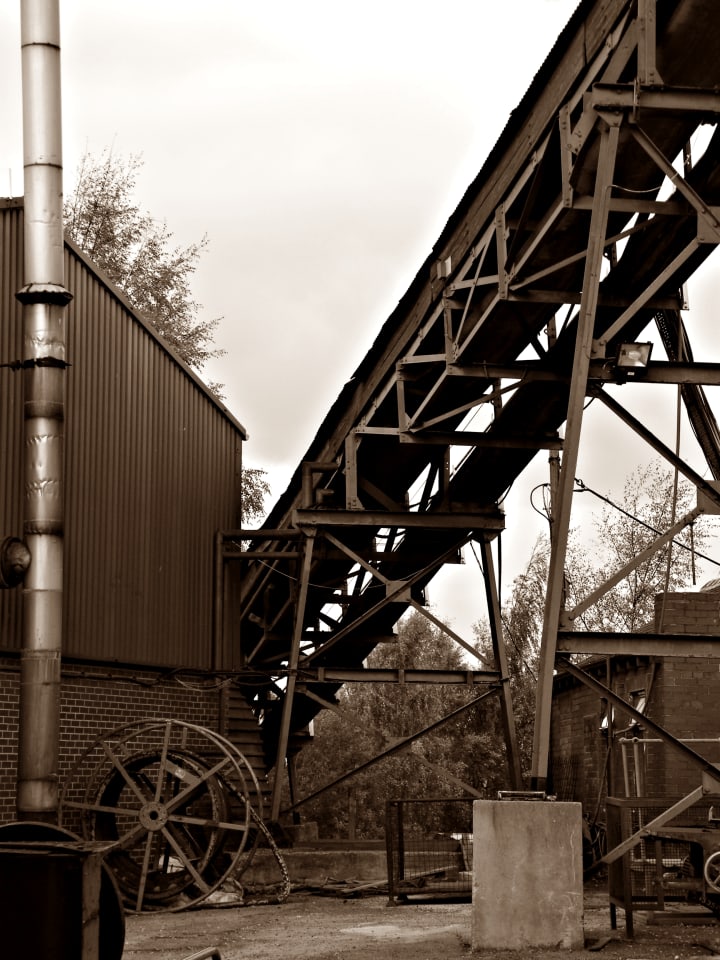
Our once proud mining industry is unfortunately no more thanks to the closure of the majority of pits in the 1980's, an action that no doubt effected much of the Yorkshire population, rendering many jobless and some to go without food, heating and even Christmas presents.
Even though my Father wasn't working the pits at the time of the closures, we were effected as much as those families who were miners, I recall having to go onto a disused pit stack, searching for lumps of coal for the fire.
I also recall only recieving one single present at Christmas one year, I don't remember what it was or what year it was but I do remember being grateful for that single gift, knowing our family and others were struggling at the time.
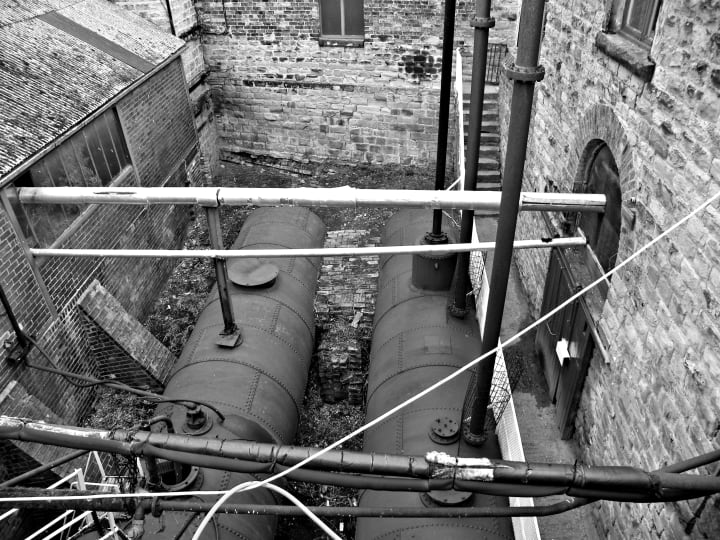
Coal mining was more than just digging up lumps of black combustable rock, it was an industry passed down from Father to Son, it put food on the table and fuelled a once booming economy, now only the remnants remain as scars upon the landscape and memories for those who risked their lives in the depths of the earth and on the surface of the mines.
If you enjoyed this article please click on my name below and feel free to read the other articles I have written. If you would like to send me a tip you can do this by clicking the Send Tip button and entering the amount of your choice. Thank You.
About the Creator
Phill Ross
I have been writing for 39 years starting out with poetry then moved on to song lyrics and music/band reviews,I now write mostly historical related books and I have written and self published 15 books to date.






Comments
There are no comments for this story
Be the first to respond and start the conversation.